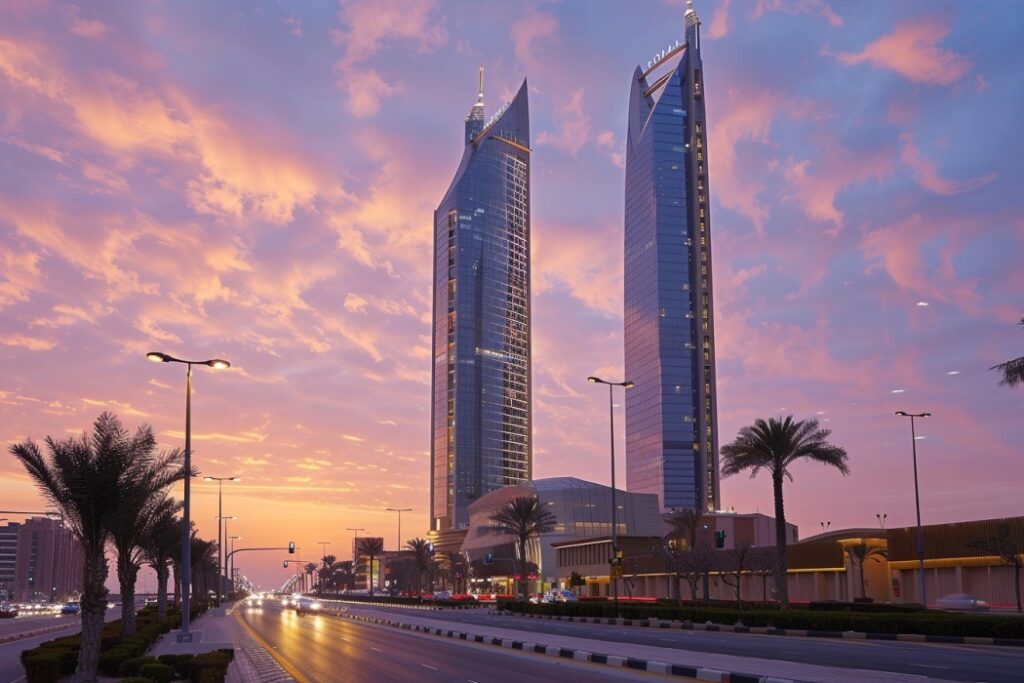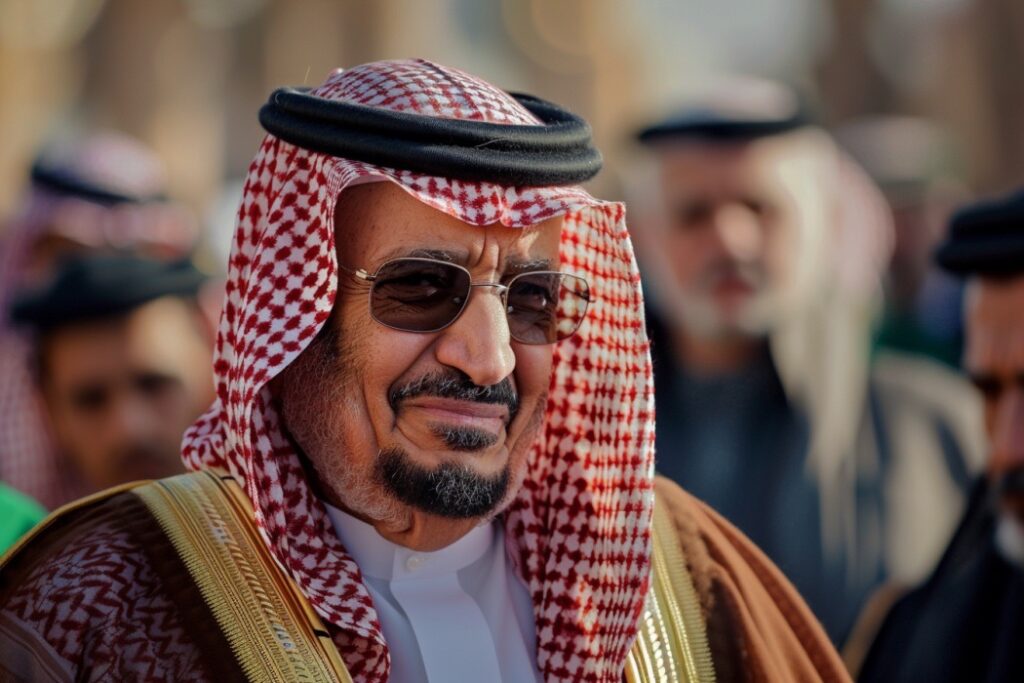Israeli Missile Strike on Iran Sends Global Markets into Turmoil
In a stunning turn of events, global oil and gold prices surged while shares plummeted after reports emerged of an Israeli missile striking Iran.
The impact was immediate, with Brent crude oil soaring by 1.7% to surpass $88 a barrel, and gold prices hovering near $2,400 per ounce.
Stock markets in Japan, Hong Kong, and South Korea all experienced significant losses following the news, reflecting investor anxiety over potential disruptions in oil supplies due to escalating tensions in the Middle East.
The recent drone and missile attack by Iran on Israel has heightened concerns among investors, who fear a further escalation of conflict in the region.
As a result, the Nikkei 225 index in Tokyo tumbled by 2.5%, while the Hang Seng in Hong Kong and the Kospi in South Korea both registered declines of 1.2% and 1.7% respectively.
The ripple effects of fluctuating oil prices can have far-reaching consequences, impacting economies worldwide as countries heavily rely on this commodity for fuel production.
Furthermore, the surge in fuel and energy prices has been a key driver behind the rising cost of living globally in recent years.
Amidst the uncertainty, gold has emerged as a safe haven investment, with its value often increasing during times of geopolitical turmoil.
The tensions in the Middle East have already disrupted shipping in the vital Strait of Hormuz, a crucial route through which 20% of the world’s oil supply passes.
Opec members such as Saudi Arabia, Iran, the UAE, Kuwait, and Iraq heavily rely on this shipping lane for exporting oil, underscoring the potential impact of any disruption in the region.
Iran, as the seventh largest oil producer globally and a key Opec member, plays a significant role in global oil markets.
Energy market expert Vandana Hari of Vanda Insights described the spike in oil prices as a “knee-jerk reaction” to fears of increased hostilities between Israel and Iran, highlighting the fragile and volatile nature of the situation in the Middle East.
These latest developments serve as a stark reminder of the ongoing geopolitical risks and uncertainties that continue to shape the global economy. — BBC



